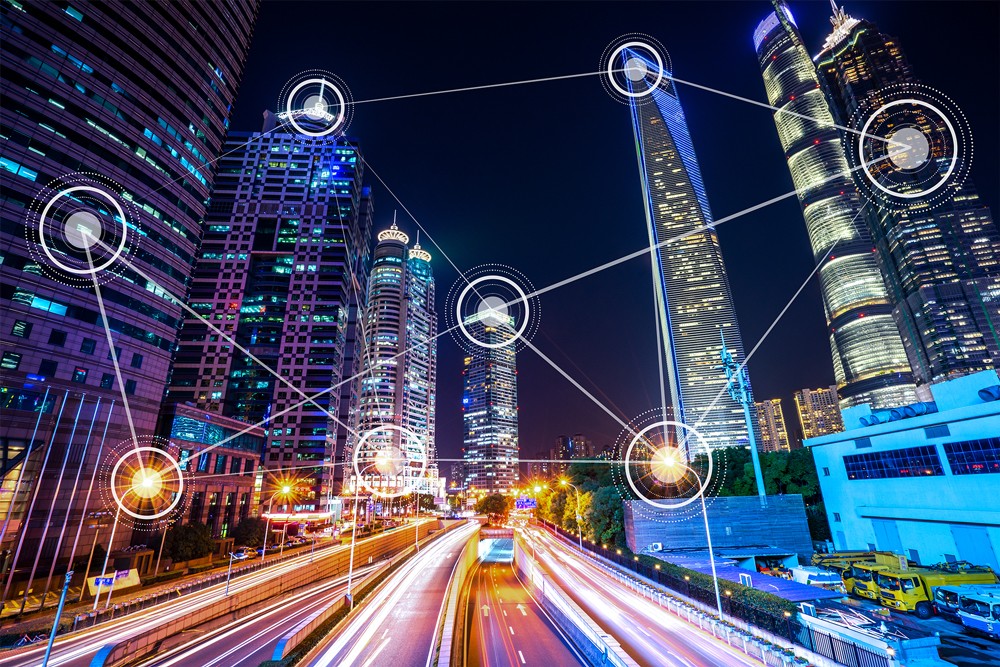Smart Lighting and Smart Cities
Having entered our lives in our country and around the World as of 2020, Covid-19 has once again demonstrated, along with many issues, the importance of lighting in our cities. While the restrictions during the epidemic highlighted the importance of use of the public spaces, it has also reminded our responsibility to meet the demand for lighting in order to use these areas at night, as well. However, the necessity of using the human population density data in public spaces as the result of the restrictions has perhaps shed light on the way to become a true smart city.
Lighting in our cities is applied to provide the use of the city from various aspects during the hours with no daylight, and to offer many benefits to the city such as safety, security, direction, environment, scenery, social interaction, advertising and identity. In other words, lighting is everywhere in the city and is in the foundation of many different needs. For this reason, the most essential part of the search for solutions for cities that are taking firm steps towards being smart is to cooperate with lighting applications and to be able to use lighting equipment.
Smart Lighting is the result of appropriately designed components and accurately evaluated data.
Thinking at this scale, it is possible to provide solutions with lighting applications, from contributing to the efficient management of the power of a city, to predicting the times when visibility of the roads decreases or when the possibility of icing will be higher by using the weather data gathered, or to determining the density of human population in a public space, as we mentioned at the beginning; and the key to this solution is
to produce the outdoor lighting fixtures as smart fixtures, which are placed everywhere in the city that can be integrated with different systems based on their equipment and already have an electrical infrastructure.
We should not forget that smart lighting fixtures is directly related to the production of smart drives and determining the data needed for a city to be smart, the production of appropriate sensors to collect such data and finally the collection and use of such data. Being able to offer the aforementioned components or services opens the doors for
opportunities of development and growth for our manufacturers.
This door is currently open to all manufacturers in Turkey and the World. The manufacturers who take action first, direct R&D studies for the production of components, and cooperate to provide services, can become solution partners for smart cities.
We have full faith that our manufacturer will become a solution partner to smart cities in Turkey and the World in the near future.





